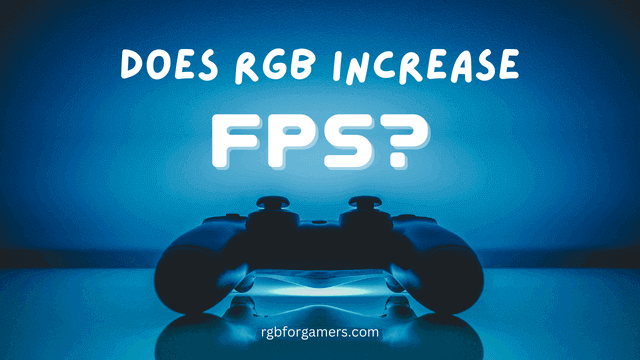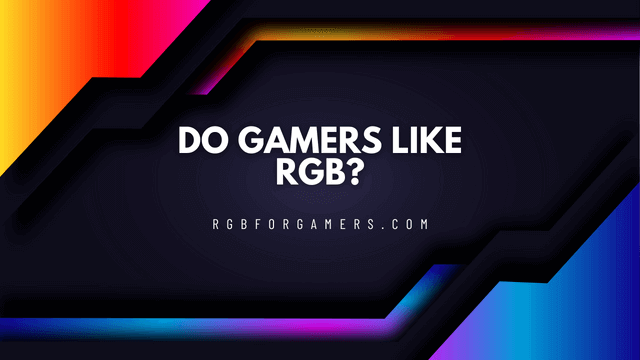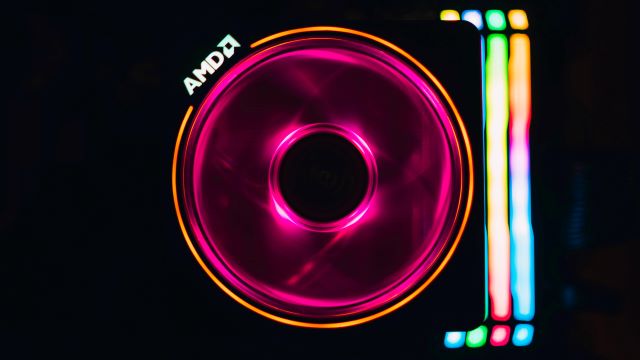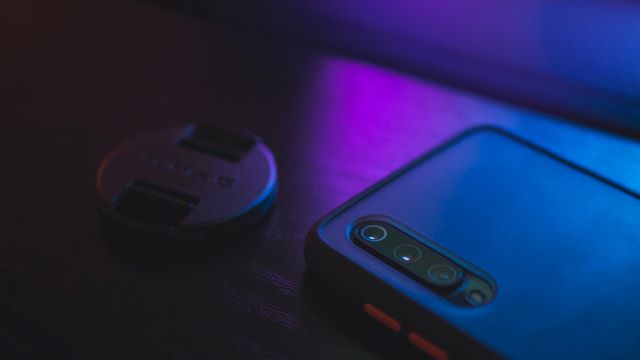No, never; RGB does not increase FPS. RGB has zero relationships with FPS. It’s impossible to increase FPS using more and more RGB. To understand this, you need to know some basic things. Let us begin with the answer to “What is RGB?”.
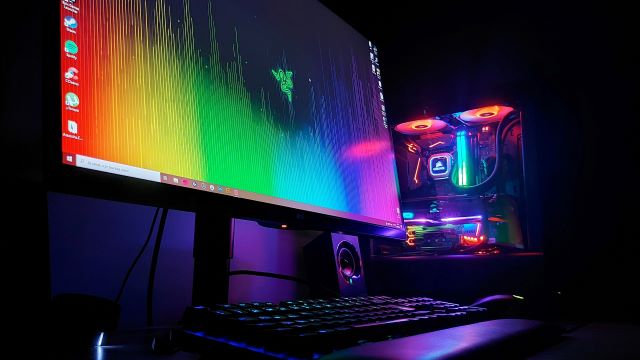
What is RGB?
Basically, RGB stands for three colors (Red, Green, and Blue). In computers or in the electronics world, RGB means RGB lighting; that means some lighting that has these 3 colors and/or their different compositions. This is just a decorative part. It can be inside or outside the PC. You can learn about different RGB elements that a gamer uses here: What RGB Lights Do Gamers Use? From that article, you will know that RGB is nothing but some lighting. It can never increase FPS. But why?
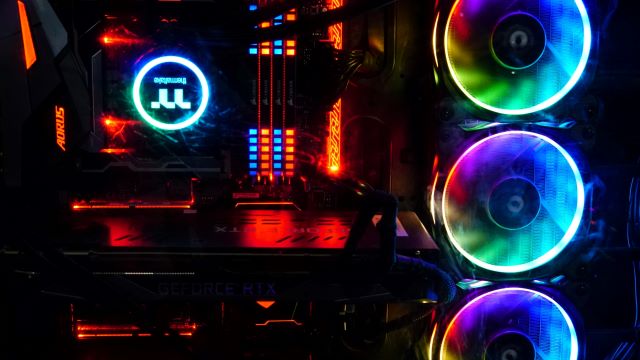
What is FPS?
FPS means Frames per Second. It means the number of frames displayed on the computer screen or any screen in one second. For gamers, it’s very important. 60 FPS means that still images appear 60 times in one second. Ultimately, a large number of still images in a very small time is called video. If you don’t know this, you can read Understanding Frame Rate In Video.
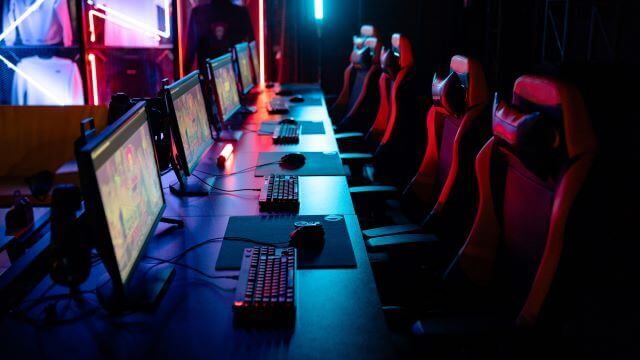
This means FPS is directly related to the graphics processing capacity of a device like a computer, mobile phone, or television. FPS depends on some factors. Those are:
- Graphics card: External or integrated graphics, whatever it is; it’s important for FPS. The regular update should be kept to get an optimized FPS.
- Game Setting: Vertical sync, draw distance, anti-aliasing, graphics, and many more things should be controlled while playing a computer game to get desired FPS.
- Resolution: Lowering the resolution will increase the FPS.
Including these, some more software-based operations can control FPS. Mainly FPS depends on Hardware. Some hardware that affects the FPS are
- Graphics card: Overclock graphics card is good for FPS.
- RAM: Increasing RAM (Random Access Memory) will increase FPS.
- SSD: Solid State Drive is another hardware that affects FPS. The more the storage of SSD, the more the FPS. These are the generation equations.
In this stage, we can clearly say that the question “Does RGB increase FPS?” losses its acceptance.
Does RGB Improve Performance?
RGB does not improve performance itself. But in many cases, gamers feel more comfortable using RGB and it helps them to get more concentration. Hence, gamers’ performance may improve using RGB but what about the computer’s performance? The answer is ‘No’. The computer’s performance does not depend on the RGB lighting.
Conclusion
FPS is the functional operation of all these things. These things increase FPS, not RGB. RGB will give you comfort, happiness, and an eye-shooting environment. But no increase or decreased FPS. Yeah, you can use RGB hit sink of RAM or something like that in every part of the PC that is available, but they will not change the FPS. So, RGB does not increase or decrease FPS.
Some RGB lighting systems are connected to software that runs on the computer to control them. However, this software can consume computer resources like CPU and memory, which are also used by power-hungry games to render graphics and run game logic.
If the RGB lighting software is consuming a significant amount of computer resources, it can reduce the number of resources available for the game. This can lead to a decrease in FPS (frames per second) and negatively affect the gaming experience. So, if you’re experiencing lower FPS in power-hungry games, it’s possible that the RGB lighting software is contributing to the problem.
FAQs
Does red light increase FPS?
No, red or any other specific color cannot directly increase the FPS. FPS or Frame Per Second is connected to the graphics card, RAM, SSD, game settings, etc.
“More RGB, More FPS”- Is it true?
No, RGB lighting do not increase FPS. If the RGB lighting software is consuming a significant amount of computer resources, it can reduce the number of resources available for the game. This can lead to a decrease in FPS
Does RGB decrease or affect the FPS?
Usually, the answer is No. But if the software of the RGB light consumes a large number of resources and the computer has limited resources, then FPS can decrease and in this way, RGB can affect negatively here.

Actually, I am a student of Textile Engineering. I love playing games and RGB components. Besides, I used to sell various RGB products. So I have some ideas and experiences. Here I am to share mine with you through RGB For Gamers.
